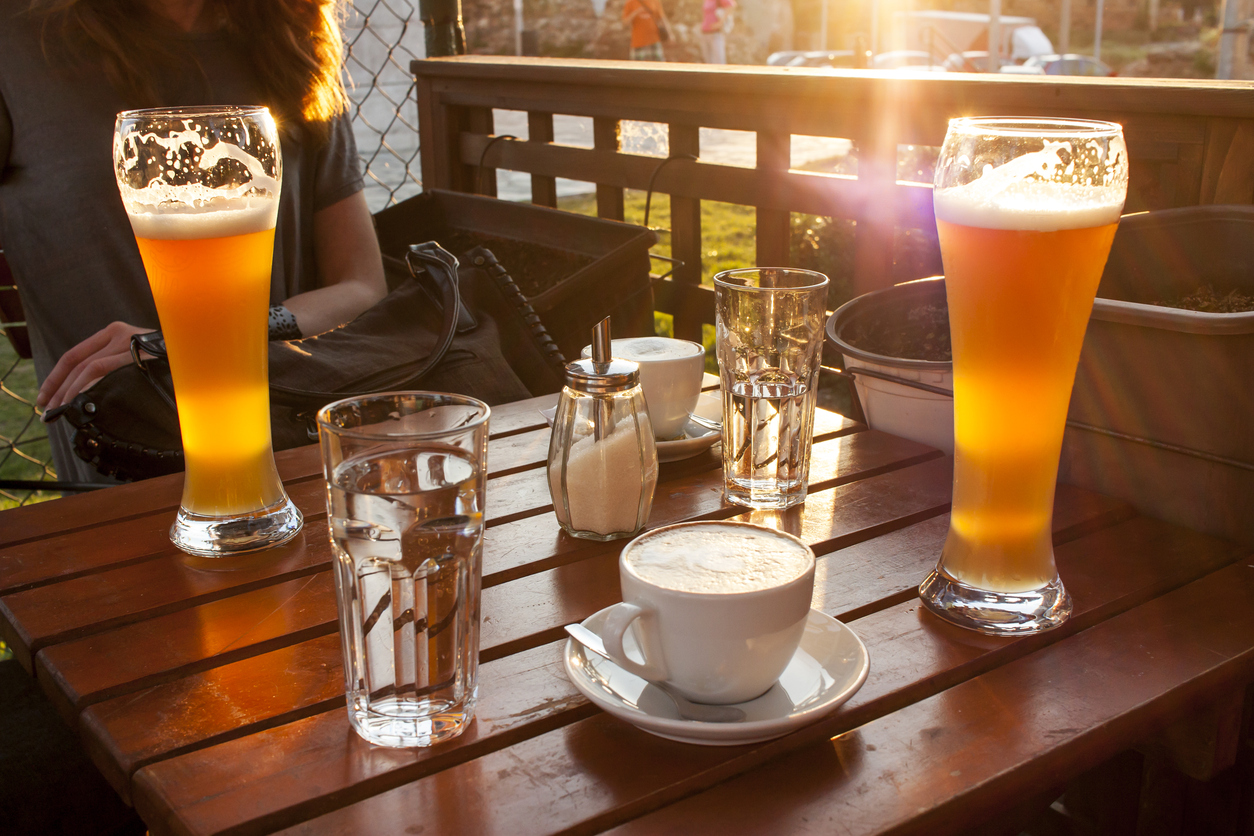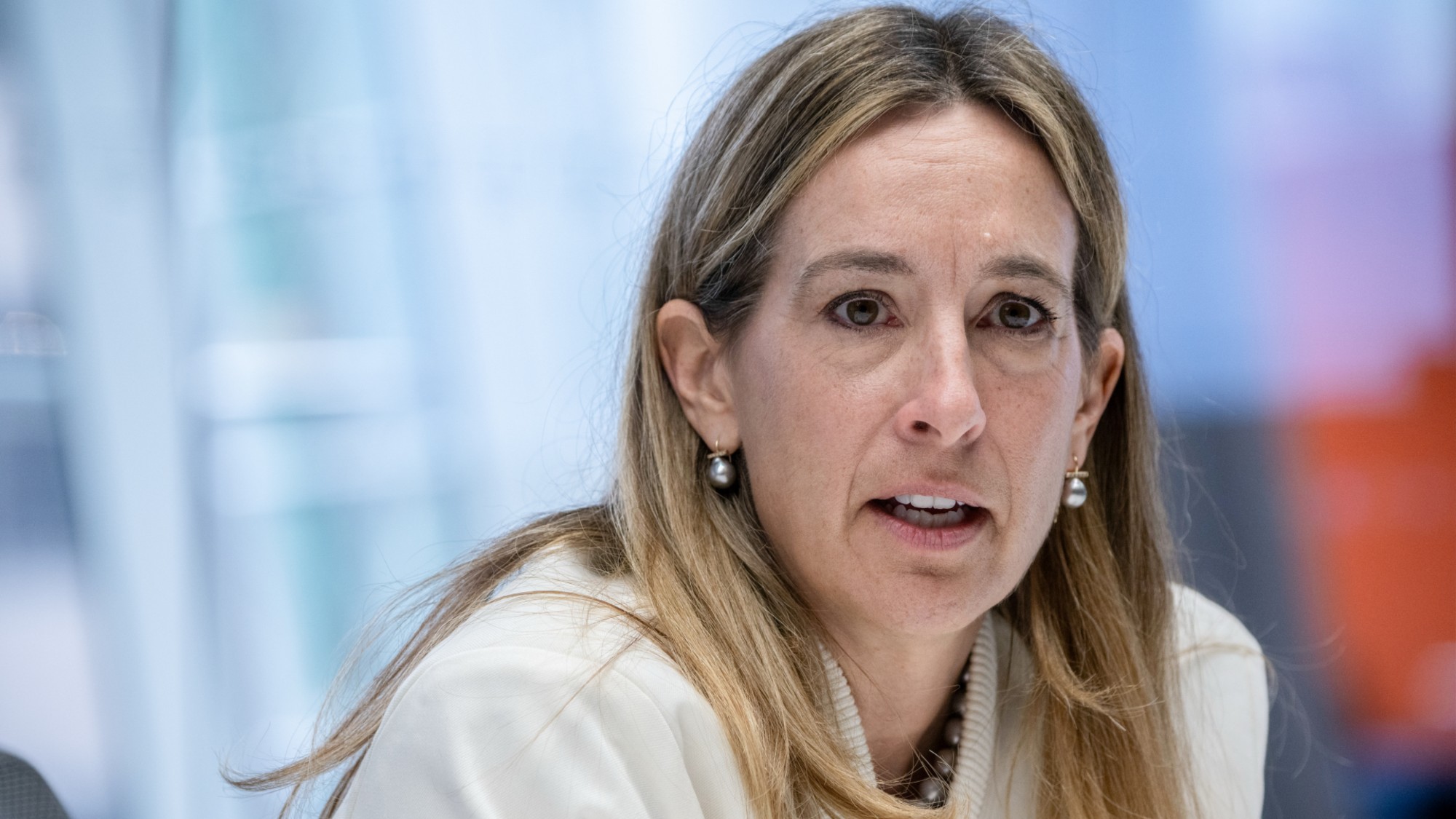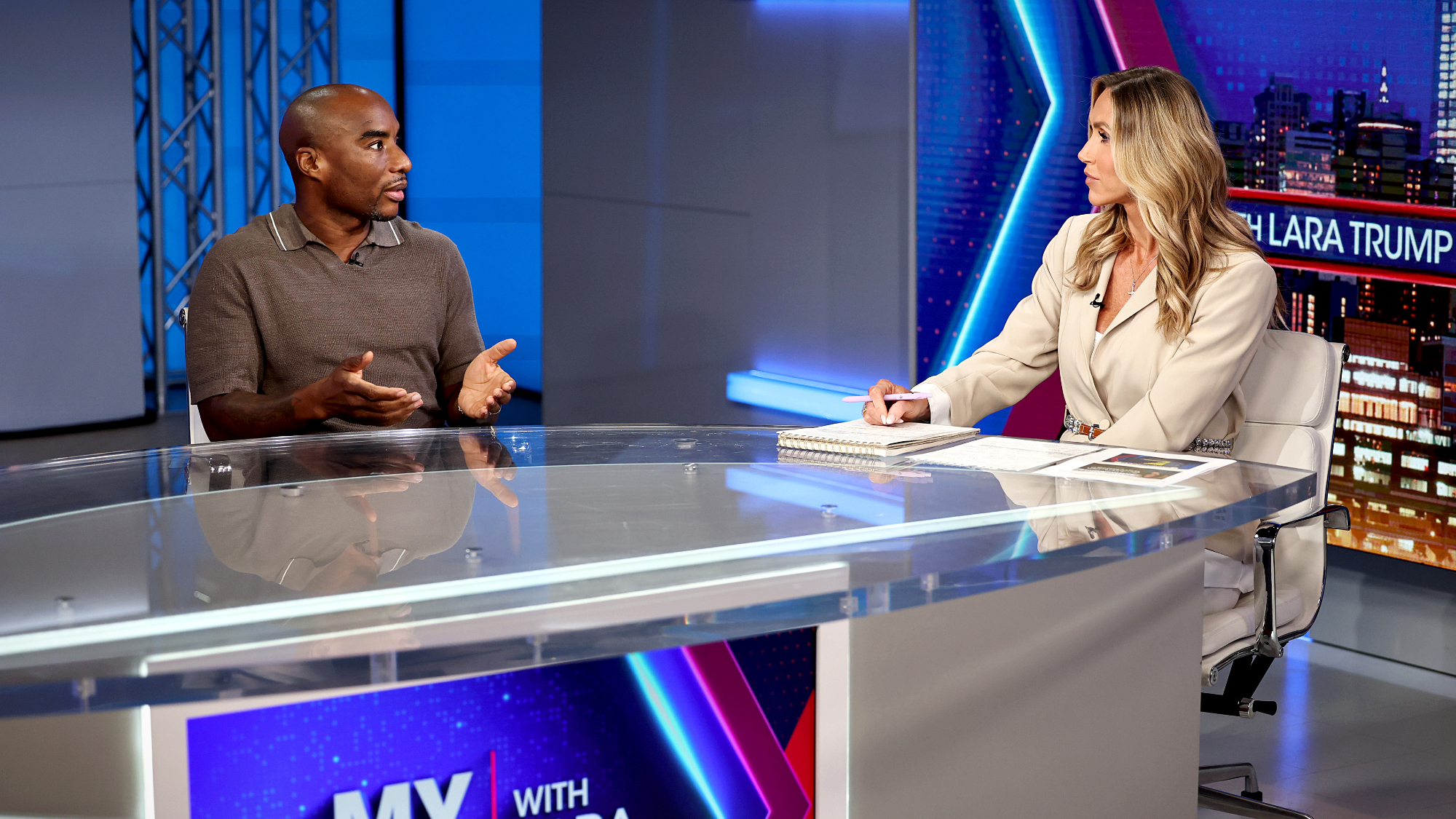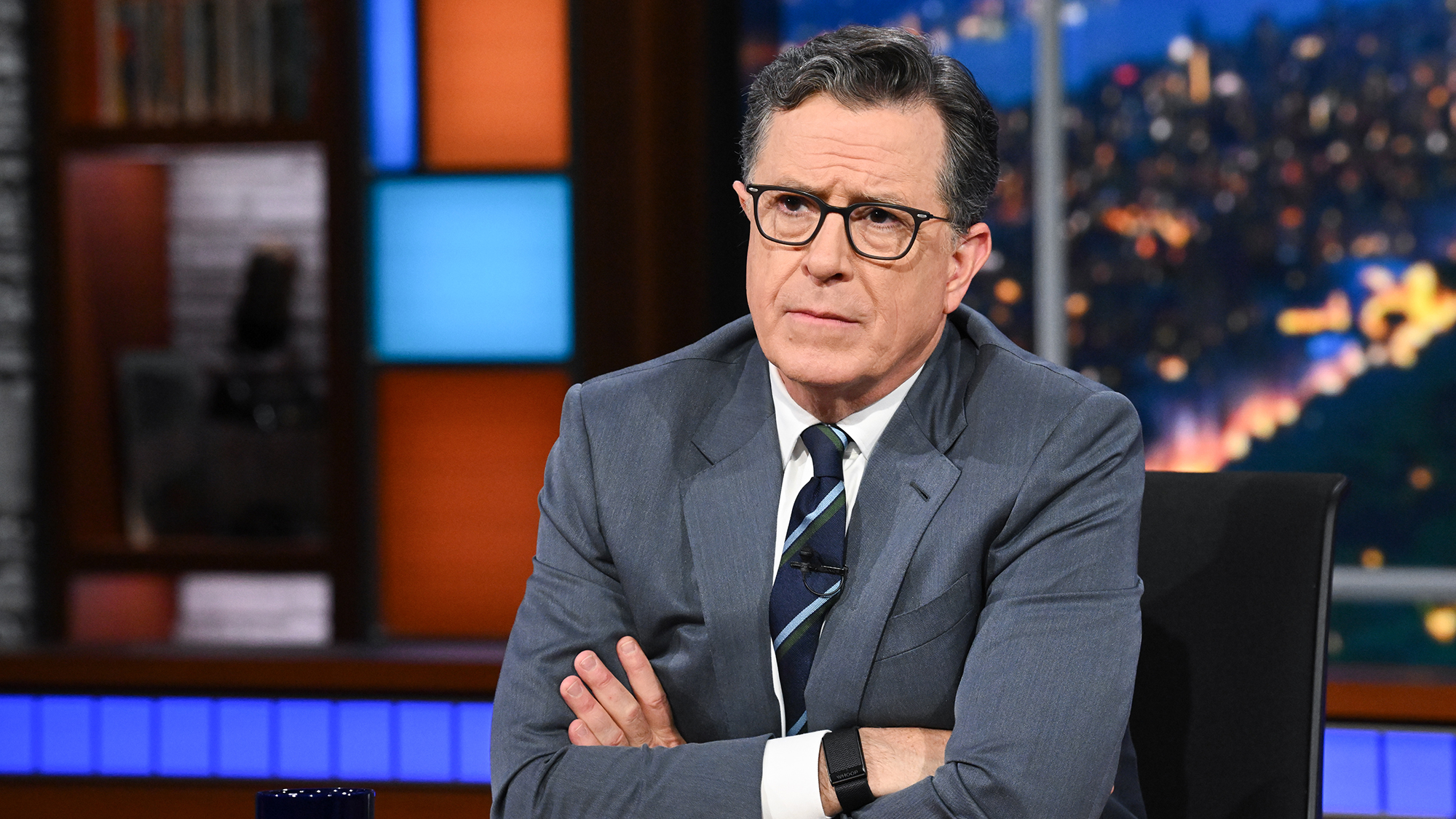Alcohol and coffee make you live longer, finds almost-too-good-to-be-true study


Because tipplers and java fiends need good news, too, a new study from the University of California, Irvine, has found that drinking alcohol and coffee increases your chance of living past 90 by a statistically significant amount. The university's 90+ Study has followed about 1,700 nonagenarians since 2003, and those "who drank moderate amounts of alcohol or coffee lived longer than those who abstained." "Moderate" means two glasses of beer or wine and two cups of coffee, which decrease your chances of premature death by 18 percent (alcohol) and 10 percent (coffee).
"I have no explanation for it, but I do firmly believe that modest drinking improves longevity," study lead researcher Dr. Claudia Kawas said at an American Association for the Advancement of Science conference in Austin last weekend. But there's good news for more than just beverage aficionados in the study. "People who were overweight in their 70s lived longer than normal or underweight people did," the study found, even if the difference was just 3 percent. People with a hobby were 21 percent less likely to die early, and — sorry — exercising 15-45 minutes a day also reduced premature death chances by 11 percent.
So, pick your poison — in this case, a moderate amount may extend your life.
The Week
Escape your echo chamber. Get the facts behind the news, plus analysis from multiple perspectives.

Sign up for The Week's Free Newsletters
From our morning news briefing to a weekly Good News Newsletter, get the best of The Week delivered directly to your inbox.
From our morning news briefing to a weekly Good News Newsletter, get the best of The Week delivered directly to your inbox.
A free daily email with the biggest news stories of the day – and the best features from TheWeek.com
Peter has worked as a news and culture writer and editor at The Week since the site's launch in 2008. He covers politics, world affairs, religion and cultural currents. His journalism career began as a copy editor at a financial newswire and has included editorial positions at The New York Times Magazine, Facts on File, and Oregon State University.
-
 Could Democrats lose the New Jersey governor’s race?
Could Democrats lose the New Jersey governor’s race?Today’s Big Question Democrat Mikie Sherrill stumbles against Republican Jack Ciattarelli
-
 ‘Porsche’s luxury credentials are now hanging by a thread’
‘Porsche’s luxury credentials are now hanging by a thread’Instant Opinion Opinion, comment and editorials of the day
-
 Choose your own wellness adventure in Greater Palm Springs
Choose your own wellness adventure in Greater Palm SpringsThe Week Recommends Hit the spa, try a sound bath or take a hike
-
 Hungary’s Krasznahorkai wins Nobel for literature
Hungary’s Krasznahorkai wins Nobel for literatureSpeed Read László Krasznahorkai is the author of acclaimed novels like ‘The Melancholy of Resistance’ and ‘Satantango’
-
 Primatologist Jane Goodall dies at 91
Primatologist Jane Goodall dies at 91Speed Read She rose to fame following her groundbreaking field research with chimpanzees
-
 Florida erases rainbow crosswalk at Pulse nightclub
Florida erases rainbow crosswalk at Pulse nightclubSpeed Read The colorful crosswalk was outside the former LGBTQ nightclub where 49 people were killed in a 2016 shooting
-
 Trump says Smithsonian too focused on slavery's ills
Trump says Smithsonian too focused on slavery's illsSpeed Read The president would prefer the museum to highlight 'success,' 'brightness' and 'the future'
-
 Trump to host Kennedy Honors for Kiss, Stallone
Trump to host Kennedy Honors for Kiss, StalloneSpeed Read Actor Sylvester Stallone and the glam-rock band Kiss were among those named as this year's inductees
-
 White House seeks to bend Smithsonian to Trump's view
White House seeks to bend Smithsonian to Trump's viewSpeed Read The Smithsonian Institution's 21 museums are under review to ensure their content aligns with the president's interpretation of American history
-
 Charlamagne Tha God irks Trump with Epstein talk
Charlamagne Tha God irks Trump with Epstein talkSpeed Read The radio host said the Jeffrey Epstein scandal could help 'traditional conservatives' take back the Republican Party
-
 CBS cancels Colbert's 'Late Show'
CBS cancels Colbert's 'Late Show'Speed Read 'The Late Show with Stephen Colbert' is ending next year
